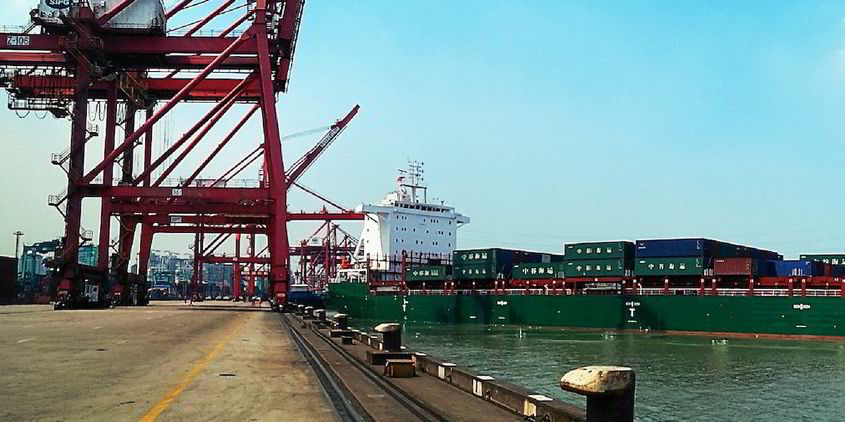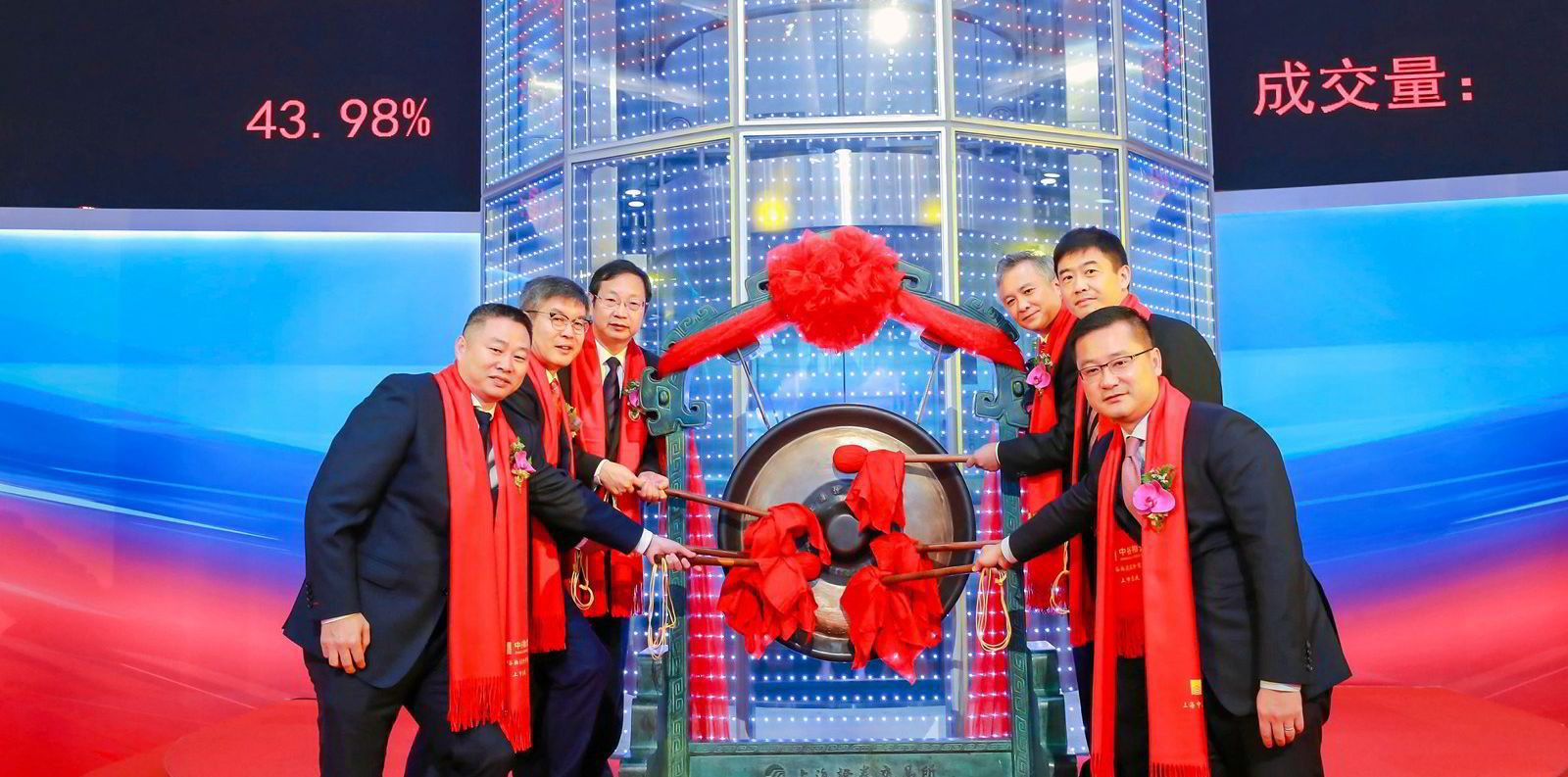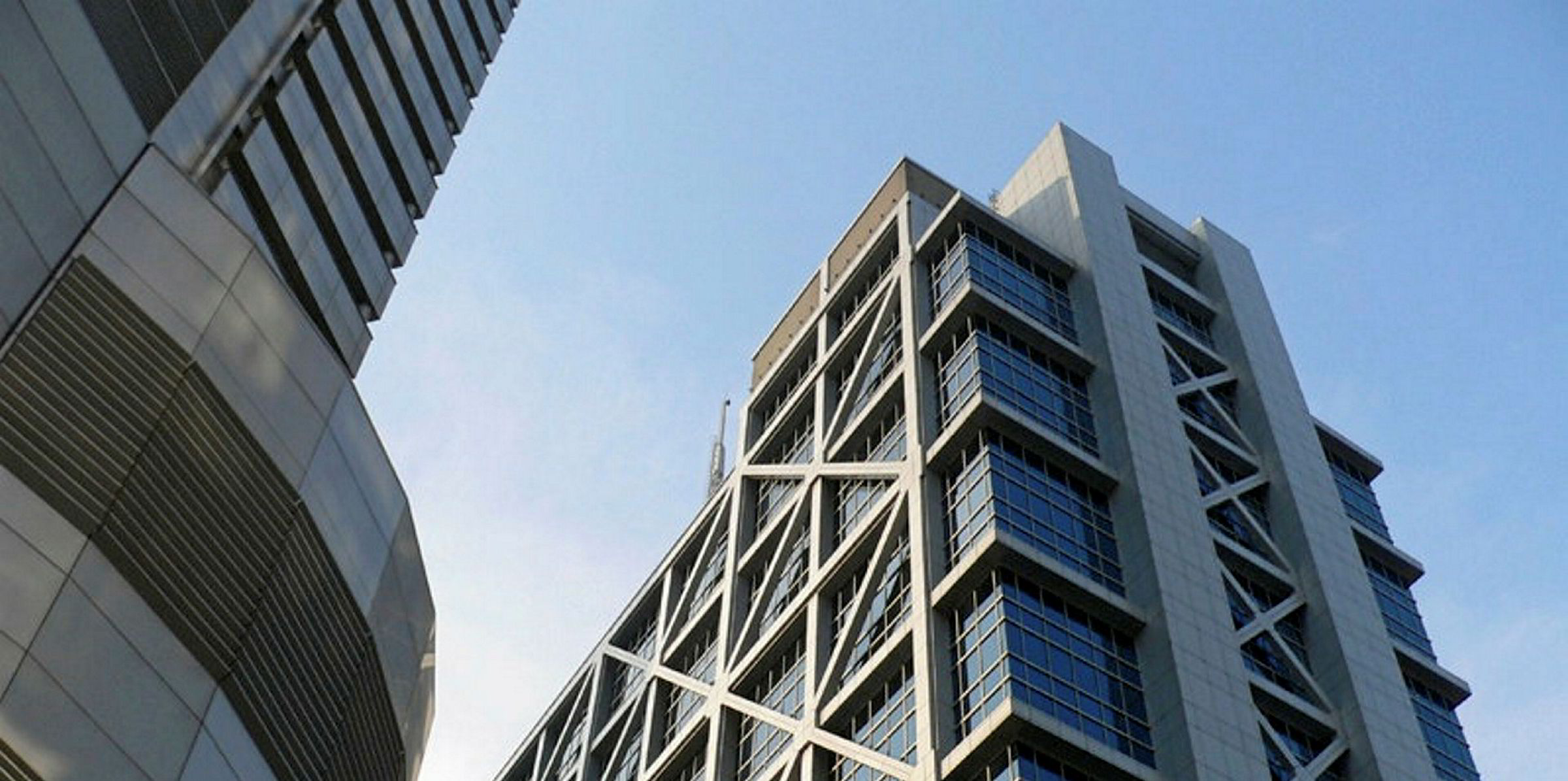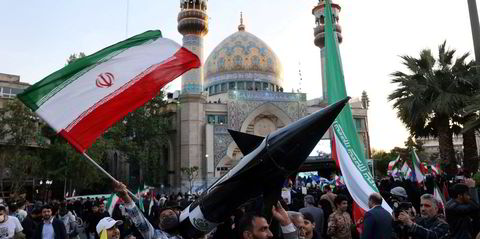China’s Zhonggu Logistics has struck a deal worth around $280m at Jinling Shipyard that will complete its newbuilding programme targeting 18 panamax boxships.
The Shanghai-listed logistics firm and ship operator has commissioned state-owned Jinling to build up to eight 4,600-teu containership newbuildings. The outfit is said to have paid around $35m each for the containerships.
By signing up for the eight-ship deal with Jinling, Zhonggu means it has ordered all 18 panamax containership newbuildings in a programme worth about $630m. The other 10 vessels were signed with China's Yangzijiang Shipbuilding earlier this month.
In a regulatory filing, Zhonggu said it has booked six ships in the Jinling order in a deal that includes options for two additional ships.
Zhonggu said it will take delivery of the 18 containership newbuildings between the fourth quarter of 2022 and the first half of 2024.
Zhonggu said the 4,600-teu newbuildings will help to drive fleet efficiency, strengthen its position in the domestic market and buoy earnings.
The company went public last year on the Shanghai Stock Exchange. It raised CNY 1.48bn ($229m) from the initial public offering. It is expected to use part of the IPO proceeds to finance the newbuilding orders.
Alphaliner ranks Zhonggu as the 13th-largest liner operator in the world, with 116 ships and capacity of about 279,000 teu in its fleet.
Zhonggu also has a pair of 1,140-teu boxships on order at WUT Guangda Shipbuilding for delivery in December 2021 and March 2022.
The outfit's latest contract is the second newbuilding deal for Jinling this month. Two weeks ago, it bagged an order for four LNG-fuelled pure car and truck carriers (PCTCs) from Japan’s NYK Line. It is scheduled to deliver the newbuildings from early 2023.
Based in Nanjing, the company is one of several shipyards under the umbrella of China Merchants Industry Holdings Co (CMIH). The shipbuilder is known for building PCTCs, medium-size bulkers and tankers.
A Jinling executive said his company was one of first few shipyards in China to build dual-fuel vessels.






